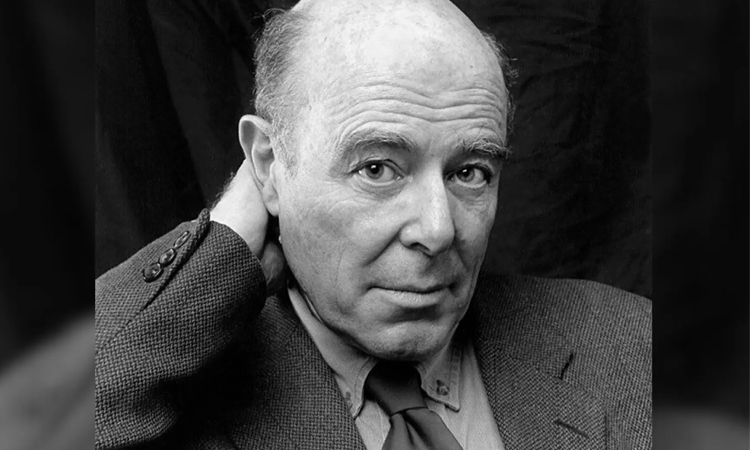News Flash

PARIS, May 26, 2025 (BSS/AFP) - Oscar-winning filmmaker Marcel Ophuls, who blew the lid off the myth that France resisted its World War II Nazi occupiers in "The Sorrow and the Pity", has died aged 97, his family said Monday.
Ophuls, who was the son of renowned German Jewish director Max Ophuls, "died peacefully on May 24", his grandson Andreas-Benjamin Seyfert said in a statement sent to AFP.
Ophuls rocked France with 1969's "The Sorrow and the Pity", about the occupied French provincial city of Clermont Ferrand during the time of the collaborationist Vichy regime.
It quietly demolished one of the country's most cherished myths -- that France and the French had always resisted the Germans -- and was banned from public television until 1981.
Through a jigsaw of interviews and newsreels, it showed how collaboration with the Nazis was widespread, from the humblest hairdresser to the top of high society.
Ophuls played down his feat, stressing that he was not trying to judge France, and was just working on a TV commission.
"For 40 years, I've had to put up with all this bullshit about it being a prosecutorial film. It doesn't attempt to prosecute the French," he insisted.
"Who can say their nation would have behaved better in the same circumstances?" he added.
Despite being over four hours long, his film struck a chord with a generation, drawing crowds to the cinemas at a time when documentaries were rarely shown on the big screen.
- Fled Nazis -
Ophuls was born Hans Marcel Oppenheimer in Frankfurt, Germany on November 1, 1927, to German actress Hilde Wall and director Max Ophuls.
He fled for France with his father and the film directors Billy Wilder and Fritz Lang, before escaping across the Pyrenees mountains and arriving in the United States in 1941.
He grew up in Hollywood, going on to serve as a GI in Japan in 1946. Returning to France in 1950, he started out as an assistant director, working on his father's last film "Lola Montes" in 1955.
He made an unsuccessful entry into fiction with "Banana Skin" in 1963, starring the star duo of Jean-Paul Belmondo and Jeanne Moreau, before shifting to documentary when hired by French public television.
"Hotel Terminus - The Life and Times of Klaus Barbie" won him an Oscar for best documentary in 1989.
But his 1994 documentary "The Troubles We've Seen", about war reporting in Bosnia, was a commercial flop.
He spent several years afterwards holed up in southern France not working. His return with "Un voyageur", a travelogue, in 2013, packed the cinema at the Cannes Film Festival.
He was philosophical about the influence of his father.
"It helped me to get work. More than anything, it helped me to be modest about my achievements. I was born under the shadow of a genius, and that spared me from being vain," he said.